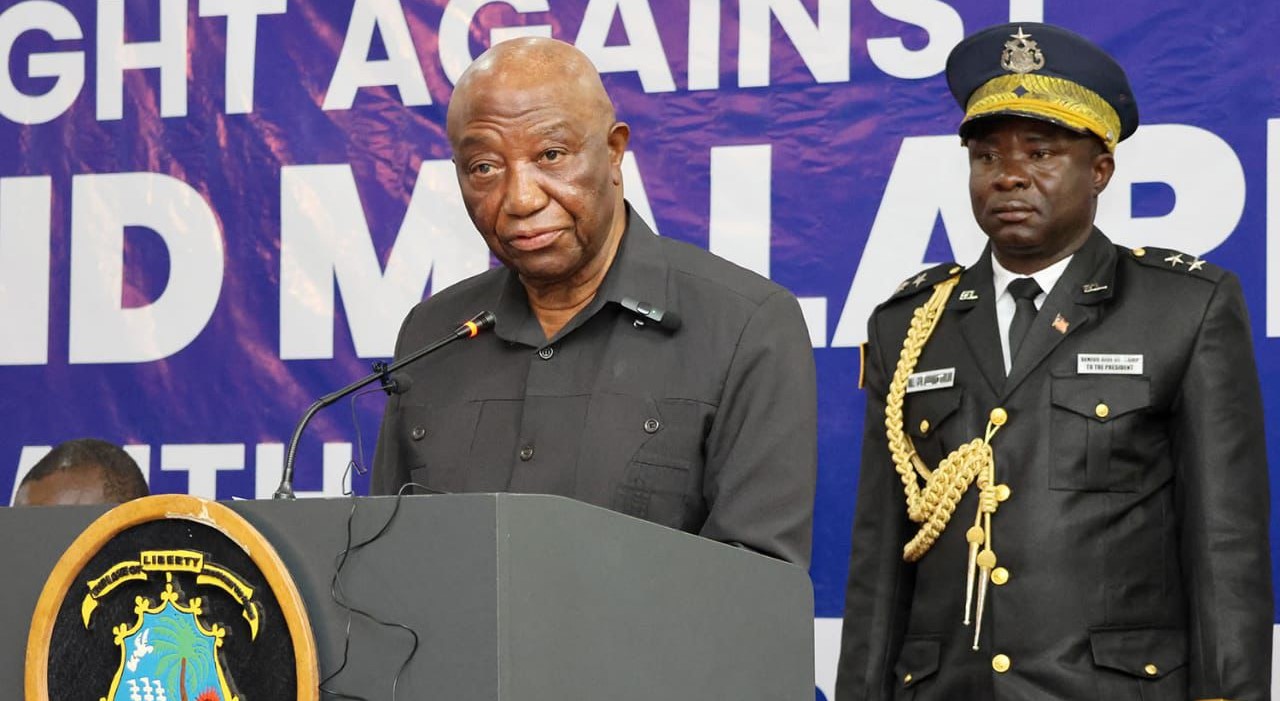Monrovia, Liberia – In a momentous event marked by a deep sense of responsibility and pride, President Joseph Nyuma Boakai officially launched the Global Fund Grant Cycle 7 (GC7) in Liberia. The launch signifies a renewed commitment to addressing the epidemics of HIV, tuberculosis, and malaria—diseases that have long impeded the nation’s progress.
Expressing profound gratitude, President Boakai acknowledged the invaluable support of the Global Fund and its donors, who have consistently bolstered Liberia’s healthcare system. He emphasized the critical role that the Global Fund has played in supporting the nation’s development agenda and the fight against these deadly diseases.
Key Highlights from President Boakai’s Speech:
1. Significance of GC7 Grant: The GC7 grant exemplifies the Global Fund’s dedication to improving health outcomes in countries with significant needs. It aims to consolidate previous gains and accelerate Liberia’s national response to HIV, tuberculosis, and malaria.
2. Achievements and Future Goals: President Boakai reflected on the progress made through previous grants, including expanded access to health services, increased availability of life-saving medications, and improved healthcare infrastructure. However, he noted that much work remains and highlighted the potential of the GC7 grant to further enhance the resilience, efficiency, and accessibility of Liberia’s healthcare system.
3. Training and Capacity-Building: Emphasizing the importance of a skilled healthcare workforce, President Boakai pledged continued investment in training and capacity-building for healthcare professionals to ensure high-quality care.
4. Supply Chain Management: The President underscored the need for robust supply chain management systems to ensure timely and efficient delivery of medications and medical supplies to those in need.
5. Comprehensive Disease Response: The GC7 grant will support a comprehensive approach to combatting HIV, tuberculosis, and malaria, focusing on prevention, diagnosis, and treatment. Strategies will include scaling up antiretroviral therapy for HIV, enhancing TB diagnostic capacity, and intensifying malaria prevention efforts.
6. Community Engagement: The grant will promote community-based interventions and innovative strategies to reach key populations, reduce stigma and discrimination, and encourage community ownership of health initiatives.
7. Cross-Cutting Interventions: The grants for HIV, TB, and malaria will support resilient and sustainable health systems through integrated interventions aligned with government policies. Areas of focus will include strengthening supply chain systems, laboratory networks, community systems, health financing, monitoring and evaluation, and health sector planning and governance.
8. National Commitment: President Boakai reaffirmed the government’s commitment to meeting co-financing obligations and mobilizing domestic resources to complement the Global Fund’s support. He called for collective efforts from all stakeholders to ensure national ownership and sustainable progress.
9. Financial Stewardship: Acknowledging the substantial investment of $117,546,670 from the Global Fund, President Boakai stressed the importance of judicious, transparent, and purposeful use of the funds to achieve the set targets.
Call to Action:
President Boakai concluded his speech with a call to action for all stakeholders—government agencies, development partners, civil society organizations, and the private sector—to join in the fight against HIV, tuberculosis, and malaria. He emphasized the collective commitment needed to create a future where every Liberian has access to quality healthcare, and the burden of these diseases is eradicated.
The President extended heartfelt gratitude to the Global Fund and its donors for their unwavering support, which has made a profound difference in the lives of Liberians. He encouraged all to seize this opportunity to reaffirm their commitment to health and work tirelessly towards a healthier, more equitable world.

